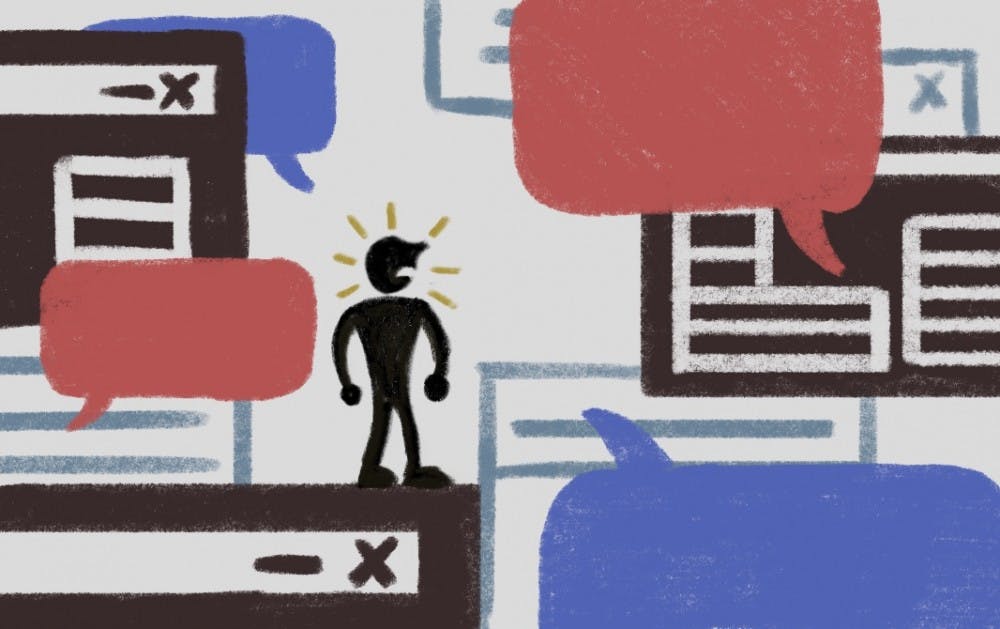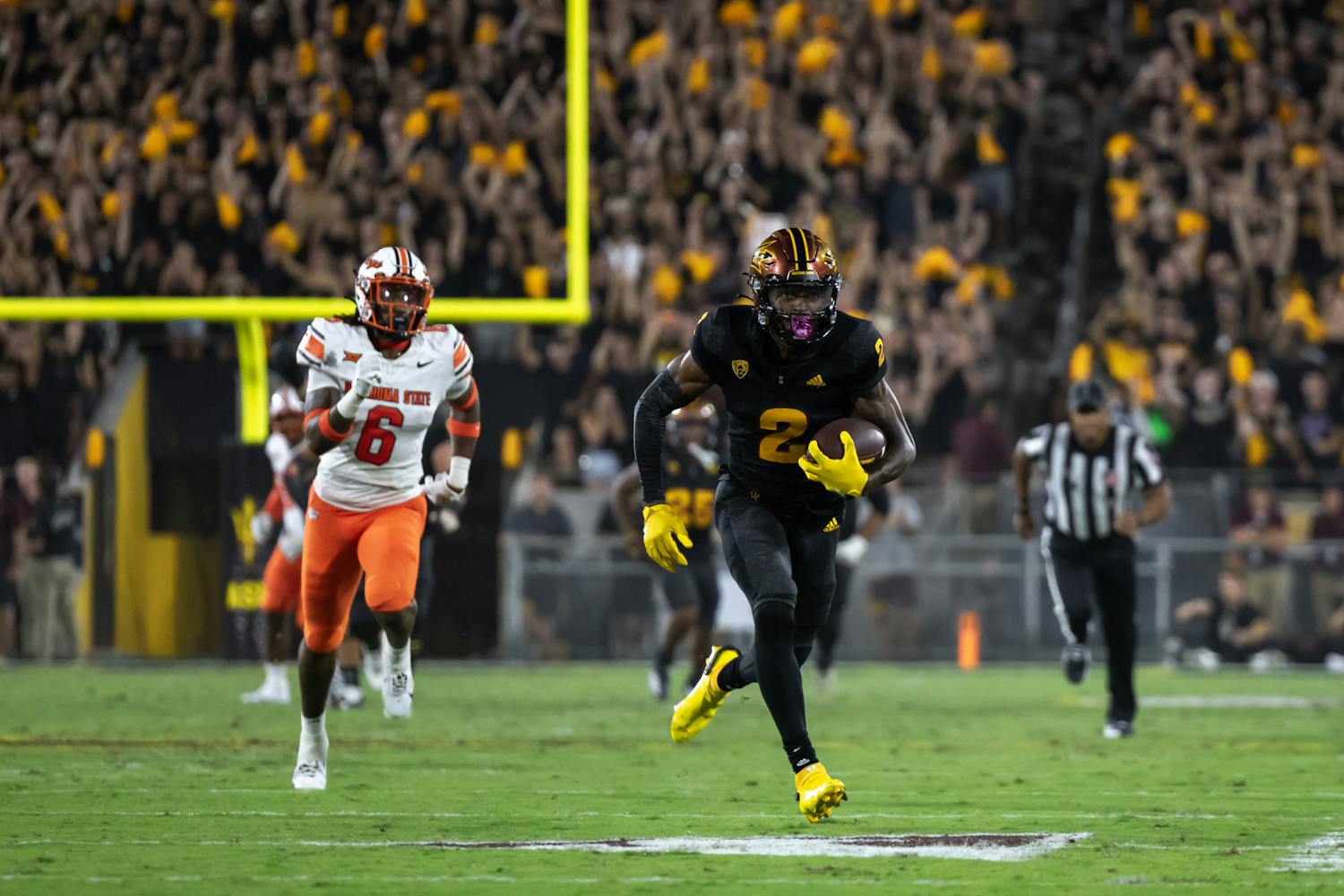In order for a society to flourish, the public must be informed and active. In the US, citizens are lucky enough to live under the First Amendment, which protects free speech and allows criticism of the government.
However, free press does not prevent the spread of misinformation, and different media outlets often contradict, leave information out or lean toward a desired audience.
On Jan. 17, President Trump unveiled his "most dishonest and corrupt" news awards. As expected, outlets including CNN and The New York Times, which Trump has criticized multiple times throughout his presidency, earned awards while Fox, a more conservative network, was not mentioned.
Students must understand that some media outlets have a bias. Varying media consumption can help prevent the development of misinformed opinions. Reading and watching credible papers and respected networks is the best way to get the most accurate information.
At ASU's Walter Cronkite School of Journalism and Mass Communication, a news literacy program was recently launched to help students learn how to combat fake news.
"On the national level, journalism has never been stronger," Julia Wallace, professor of practice at the Cronkite School, said. "The trick is that there's a lot of it, and it's hard to keep up."
As media outlets adapt, so does the way that consumers get their news. Advancements in technology have contributed to significant cuts in print newspapers, and news on social media is taking over — especially for college students.
According to the Pew Research Center, two-thirds of Americans get some of their news from social media services, and about 70 percent of adults aged 18 to 29 prefer to use mobile devices to get their news.
Students need to be wary of where they get their information because as technology advances, it becomes easier for people to fabricate stories, and the information can spread far and wide within seconds.
When using social media, anyone can promote, create and share information, even if it is untrue or deceptive.
The Cronkite School hosts events that promote news literacy for students, which are also open to the public. For instance, ASU professor Eric Newton discussed why media literacy should be taught in schools and on a separate occasion talked about the impact of fake news. Another event co-hosted by Wallace encouraged modern-day muckrakers.
Too often, students base their political opinions on social media posts from authors that have the intent to persuade. Students need to understand the importance of taking stock in news and opinions that have solid and accurate information behind them.
"When you think about organizations that are reputable, accurate, and fair, there are so many that do a good job," Wallace said. "The New York Times has been fabulous on the sexual harassment story. The Wall Street Journal provided strong content to the recently passed tax bill. Vox explains issues in-depth in a way that truly provides insight."
Wallace also praised the in-depth work by ProPublica and Buzzfeed, saying that reporters at the popular site for young people are "doing some gutsy investigative journalism."
It is extremely important for ASU students to be aware of politics, because the people in charge right now are shaping the world that students will inherit. From tuition and tax adjustments to the rights of immigrants, there are some bills that have the potential to directly impact students.
While the majority of reporters and media outlets are trying to do a fair job, there are some that are pushing a personal agenda. If students are wary of the news that they consume and are active in their pursuit of the truth, society as a whole will benefit.
Reach the columnist at adunn11@asu.edu or follow @adrienne_dunn on Twitter.
Editor’s note: The opinions presented in this column are the author’s and do not imply any endorsement from The State Press or its editors.
Want to join the conversation? Send an email to opiniondesk.statepress@gmail.com. Keep letters under 500 words and be sure to include your university affiliation. Anonymity will not be granted.
Like The State Press on Facebook and follow @statepress on Twitter.




